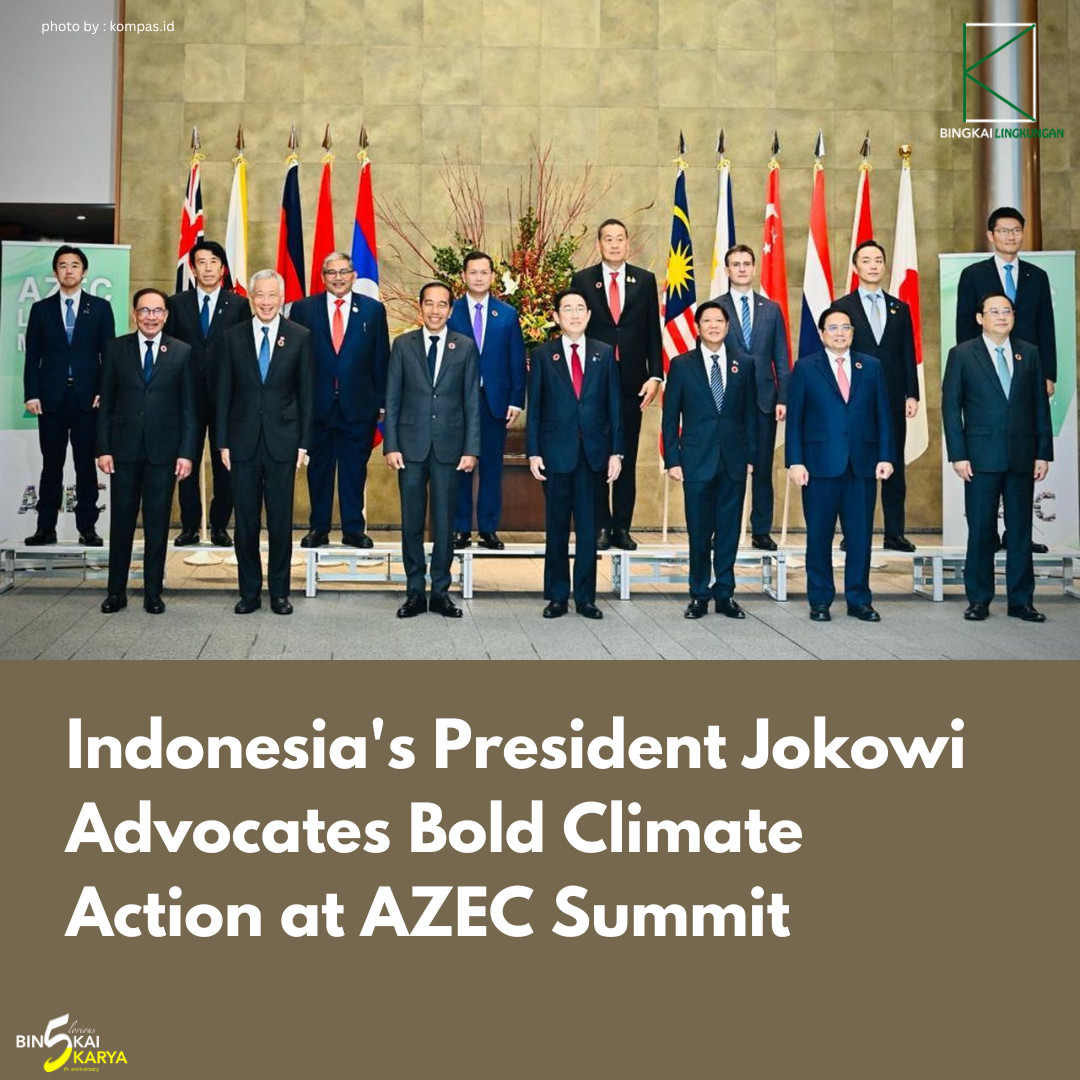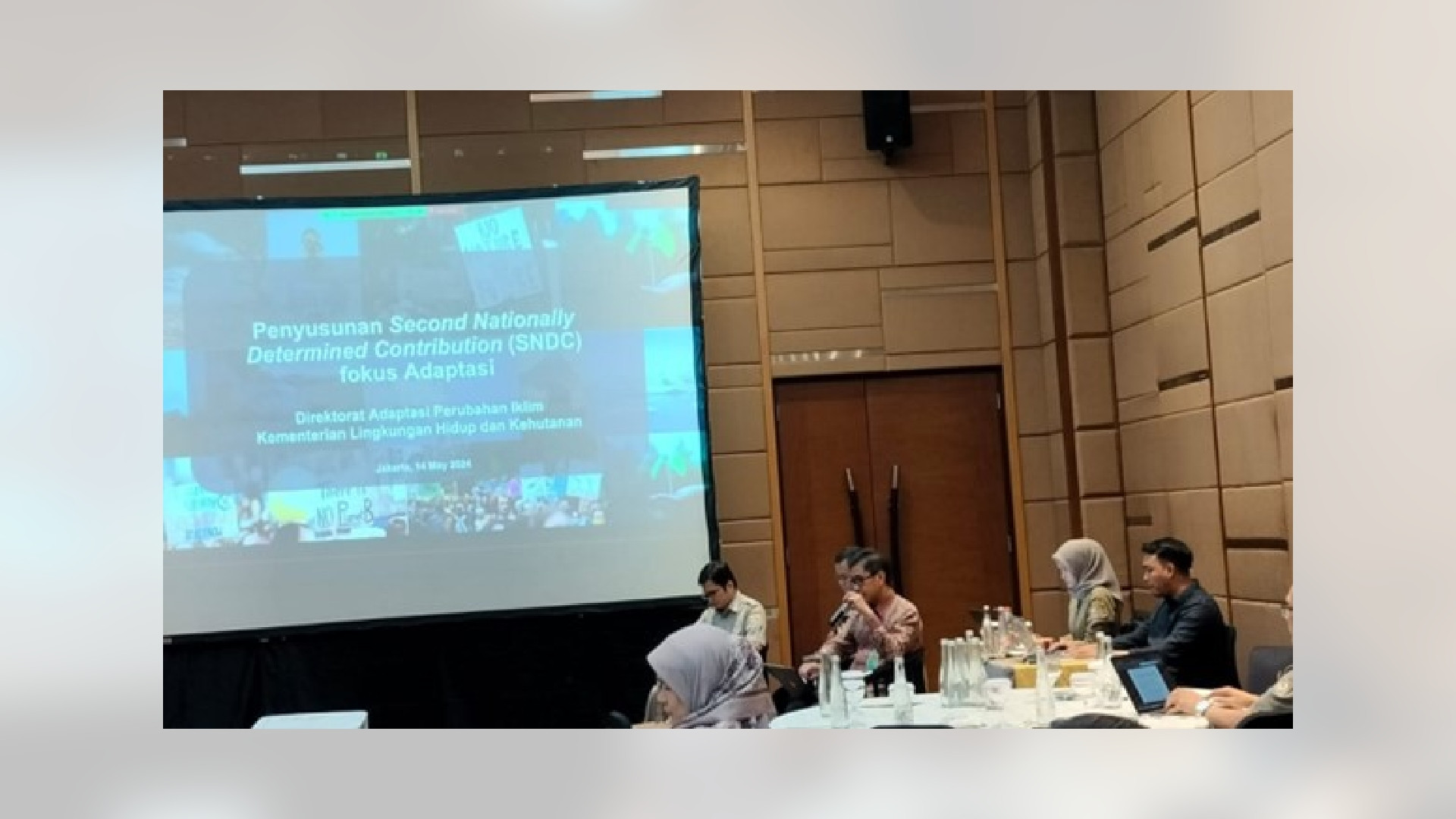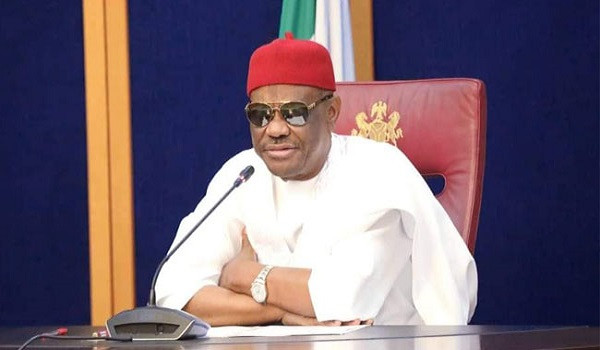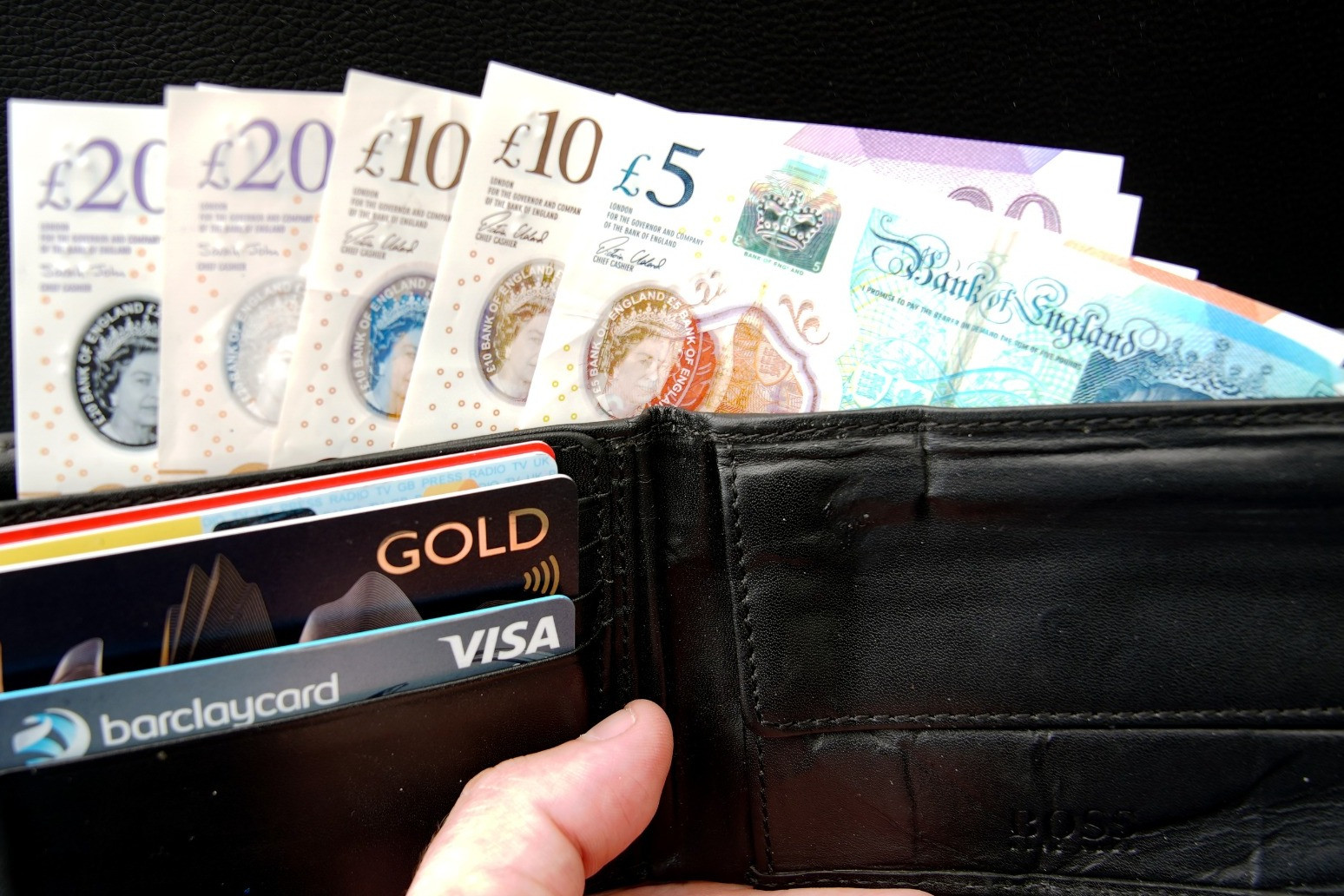Indonesia has released a draft of its Second Nationally Determined Contribution (SNDC) for public consultation, which includes its updated 2030 targets and new 2035 climate goals. The government plans to submit the final version before COP29 in early November, where countries are expected to present their 2035 climate targets. Upon reviewing and comparing Indonesia's proposed SNDC with the Enhanced NDC (ENDC) submitted in 2022, we identified several positive developments, along with some elements that are of concern.
To evaluate Indonesia's updated climate goals, we have used the CAT’s “Guide to a good 2035 target” as a benchmark in our analysis. While this guide focuses on 2035 targets, its principles are equally applicable to strengthened 2030 targets.
The newly elected Prabowo-Gibran administration has demonstrated a strong commitment to achieving carbon emission reduction targets aligned with the green economy pillar. Indonesia occupies a strategic position in global efforts to mitigate climate change, supported by its abundant natural resources, such as tropical forests, rich marine biodiversity, and coastal ecosystems rich in blue carbon. The newly elected Prabowo-Gibran administration, set to be inaugurated in October 2024 and lead until 2029, through its Economic Team led by Burhanuddin Abdullah, has demonstrated a strong commitment to achieving carbon emission reduction targets aligned with the green economy pillar in the 8 Asta Cita Missions. One concrete step being planned is the establishment of the Climate Change Control and Carbon Trade Management Agency (BP3I-TNK), which will manage and oversee sustainable climate change control efforts. This agency will also utilize blockchain technology to ensure transparency and accountability in carbon trading while establishing national carbon sovereignty.
This commitment aligns with Indonesia’s international targets under the framework of the Conference of the Parties (COP) for Climate Change. According to Indonesia’s Enhanced Nationally Determined Contribution (NDC), the country is committed to reducing greenhouse gas emissions by 29% independently and up to 41% with international support by 2030. Significant financial challenges remain despite Indonesia’s vast potential in carbon trading, particularly with its abundant natural resources. It is estimated that Rp. 5,000 trillion will be needed to achieve the emission reduction target by 2030, and Rp—15,000 trillion to reach Net Zero Emission by 2060 or sooner. However, with the implementation of advanced technologies like AI and blockchain, and effective coordination through BP3I-TNK, Indonesia not only has the opportunity to meet its NDC commitments but also has the potential to become a model for other developing countries in their ambitious and sustainable global climate change mitigation efforts.
Indonesia: Guardian of Global Biodiversity
Indonesia is one of the most biodiverse countries in the world, with approximately 120 million hectares of tropical forests covering 10% of the world’s total tropical forest area. These forests not only function as the lungs of the Earth by absorbing carbon dioxide from the atmosphere, but they also play a crucial role in maintaining global climate balance. Additionally, Indonesia is home to around 17% of the world’s total coral reefs, making it one of the countries with the highest marine biodiversity. Indonesia also contains nearly 25% of the world’s mangrove forests, which serve as natural barriers against climate change, protect coastlines from erosion, and provide essential habitats for various marine species. Collectively, this natural wealth positions Indonesia as a key player in global climate change mitigation efforts.
These data highlight the importance of Indonesia’s role in maintaining global environmental balance. Preserving Indonesia’s forests, coral reefs, and mangroves is essential to safeguarding biodiversity, reducing the impacts of climate change, and protecting the environment as a whole. With such significant ecological wealth, Indonesia stands at the forefront of global efforts to combat climate change. However, maximizing this potential requires innovative approaches that combine the right technologies and policies.
AI: Optimizing Emission Management and Reduction
AI holds significant potential to enhance the effectiveness of emission reduction efforts across various sectors in Indonesia. Here are some ways AI can be implemented:
- Predictive Modeling: AI can analyze vast amounts of data to predict future emissions based on various factors, such as economic growth, energy consumption patterns, and technological advancements. This data-driven approach enables proactive measures to be taken to mitigate potential emissions increases.
- Real-Time Monitoring: AI-powered sensors and monitoring systems can be deployed to track emissions in real-time across various industries, such as power plants, manufacturing facilities, and transportation. This real-time data allows for immediate interventions and adjustments to optimize emissions reduction efforts.
- Optimizing Energy Efficiency: AI can optimize energy consumption in buildings, factories, and transportation systems by analyzing data on energy usage patterns and identifying areas for improvement. This leads to significant reductions in energy consumption and associated emissions.
- Promoting Renewable Energy Sources: AI can analyze data on wind and solar patterns to identify optimal locations for renewable energy installations. It can also predict energy output and optimize grid integration for maximizing the efficiency and reliability of renewable energy sources.
Blockchain: Ensuring Transparency and Accountability in Carbon Management
In addition to AI, blockchain technology plays a crucial role in ensuring transparency and accountability in carbon management in Indonesia. Here is how blockchain can support the vision of the Carbon Management Agency:
- Tracking Carbon Emissions: Blockchain can create a secure and immutable ledger for tracking carbon emissions across all industries and sectors. This transparency ensures accurate accounting of emissions and prevents manipulation or fraud.
- Carbon Trading: Blockchain can facilitate transparent and efficient carbon trading by creating a secure platform for exchanging carbon credits between different stakeholders, including businesses, governments, and individuals. This platform would ensure the integrity and legitimacy of carbon credits, promoting trust and confidence in the carbon market.
- Verification and Certification: Blockchain can automate the verification and certification of carbon emission reduction projects. Smart contracts can be used to automatically verify the accuracy and authenticity of data submitted by project developers, streamlining the certification process and reducing human error.
- Financial Tracking: Blockchain can streamline the tracking of financial transactions related to carbon emission reduction projects. This transparency ensures proper allocation of funds and accountability for project implementation.
Challenges in Implementation in Indonesia
The Prabowo-Gibran administration will face significant challenges in implementing AI and blockchain to support the vision of the Carbon Management Agency:
- Data Infrastructure: A robust data infrastructure is crucial for effective AI and blockchain implementation. Indonesia needs to invest in modern data centers, high-speed internet connectivity, and data management systems to collect, store, and process the vast amounts of data required for these technologies.
- Skills and Expertise: The government needs to invest in building a skilled workforce with expertise in AI and blockchain. This includes training existing professionals and developing educational programs for future generations.
- Regulations and Policies: The government needs to establish clear regulations and policies to govern the use of AI and blockchain in carbon management. This includes addressing issues like data privacy, cybersecurity, and ethical considerations.
- Public Acceptance: The government needs to engage with the public and address concerns about the use of AI and blockchain. This involves building public trust in these technologies and demonstrating their benefits for society.
Indonesia's Success: A Global Game Changer
If Indonesia successfully implements AI and blockchain effectively in carbon management, the impact will extend far beyond its borders. This success will provide strong evidence that advanced technologies can be adapted and applied in the context of developing countries, which often face challenges in infrastructure and limited resources. Indonesia’s success in adopting AI and blockchain to support carbon management and achieve its NDC targets will have a significant impact, not only for Indonesia itself but also for the global community, particularly developing countries seeking effective solutions to climate change challenges. Indonesia has the potential to become a global leader in the green transition, and if successful, its impact will be felt worldwide.


















